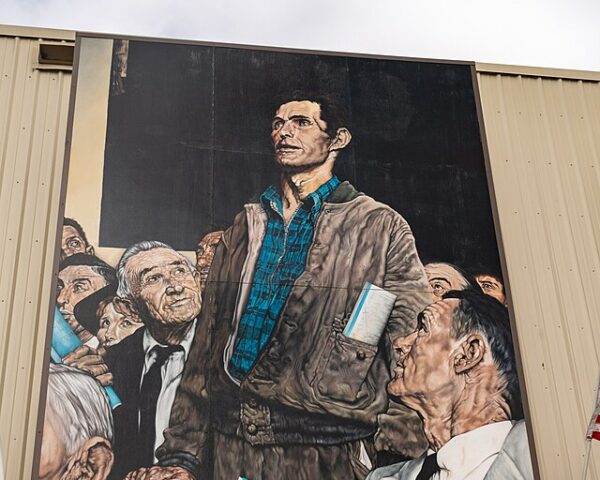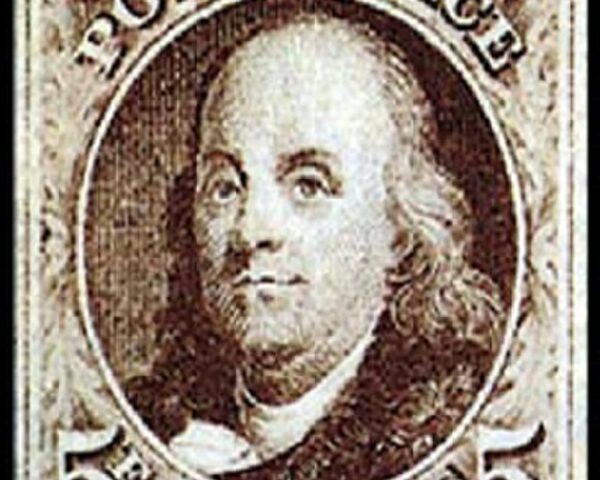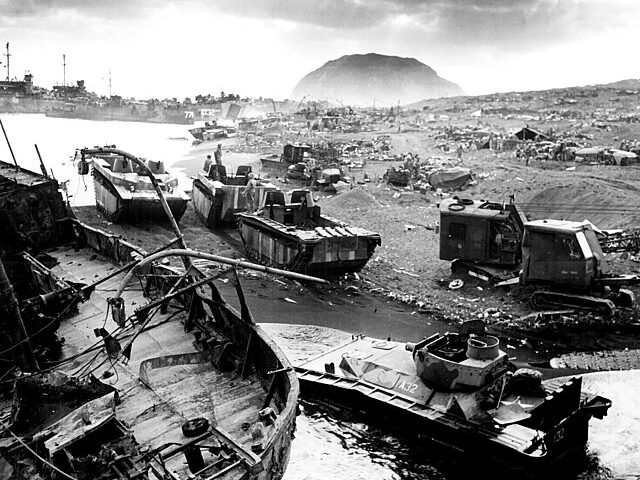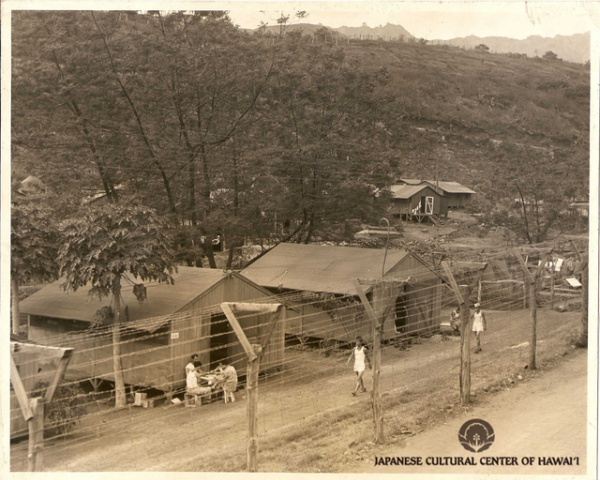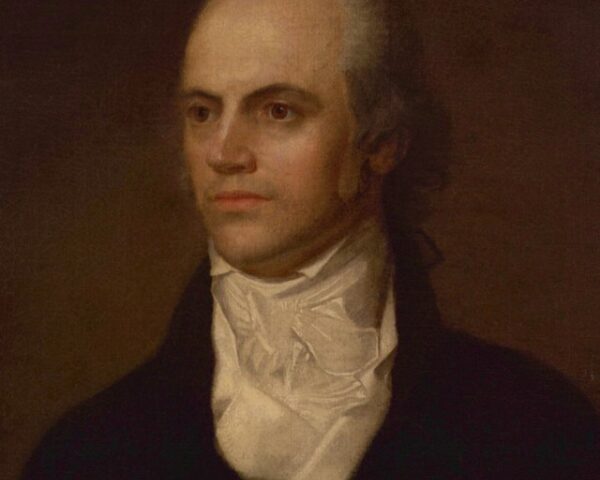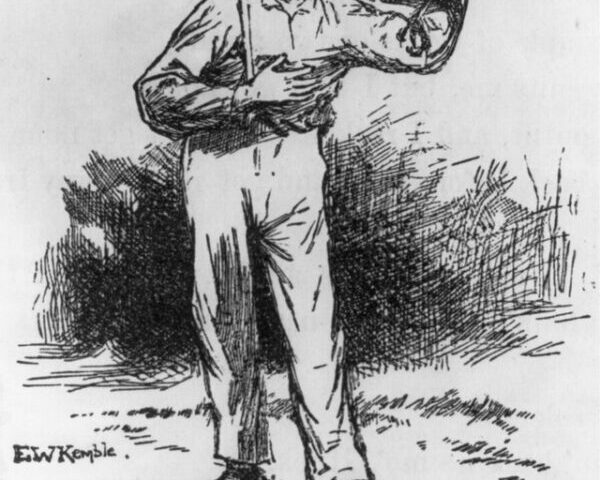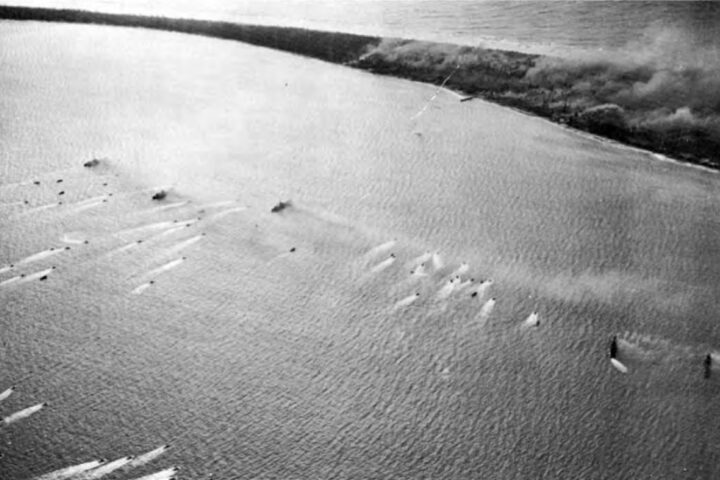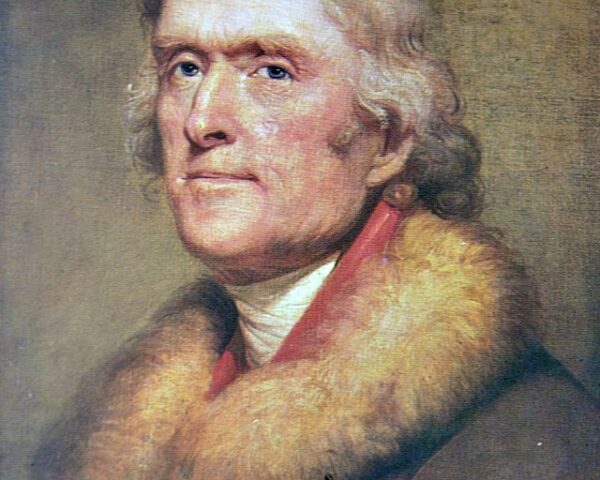On February 20, 1943, The Saturday Evening Post published the first of Norman Rockwell’s Four Freedoms paintings, a series of illustrations inspired by President Franklin D. Roosevelt’s 1941 State of the Union address. In that speech, Roosevelt outlined his vision for a world based…
Read MoreOn February 20, 1792, the United States Congress enacted The Postal Service Act, a landmark piece of legislation that shaped the early history of the United States and laid the foundation of the nation’s postal system. Signed by George Washington, the law played a…
Read MoreOn February 19, 1945, after days of relentless naval and aerial bombardment, approximately 30,000 United States Marines stormed the black volcanic beaches of Iwo Jima, a small, sulfur-scented island in the western Pacific that would become one of the bloodiest battlefields in American military…
Read MoreOn February 19, 1942, President Franklin D. Roosevelt signed Executive Order 9066, granting the military broad authority to exclude individuals from designated areas. Though the order did not explicitly mention Japanese Americans, it became the legal basis for one of the most severe violations…
Read MoreOn February 19, 1807, former Vice President Aaron Burr was arrested for treason in Wakefield, Alabama, and confined to Fort Stoddert. The treason trial of Aaron Burr in 1807 marked a pivotal and controversial moment in American history, revealing the fragility of the young…
Read MoreOn February 18, 2010, the transparency organization WikiLeaks began publishing the first in what would become one of the largest classified disclosures in American history — a torrent of U.S. government documents provided by the Army intelligence analyst now known as Chelsea Manning. At…
Read MoreOn February 18, 1979, NASCAR had its coming-out party. For the first time, the Daytona 500 was broadcast live from start to finish on national television, and it delivered in spectacular fashion. Richard Petty took advantage of a dramatic last-lap wreck between Donnie Allison…
Read MoreFirst published in the United Kingdom in 1884, Mark Twain’s “Adventures of Huckleberry Finn” hit the book stores in the United States on February 18, 1885 as a sequel to Twain’s earlier novel, “The Adventures of Tom Sawyer.” The novel is narrated by Huck…
Read MoreOn February 17, 1944, U.S. forces launched a decisive assault on the Eniwetok Atoll in the Marshall Islands, marking another critical step in the Central Pacific drive toward Japan. The operation—part of a broader campaign following the capture of Kwajalein earlier that month—reflected the…
Read MoreThe presidential election of 1800 was one of the most pivotal and contentious moments in American political history, revealing both the strengths and weaknesses of the nation’s young electoral system. The contest between Thomas Jefferson and Aaron Burr, both representing the Democratic-Republican Party, resulted…
Read More

